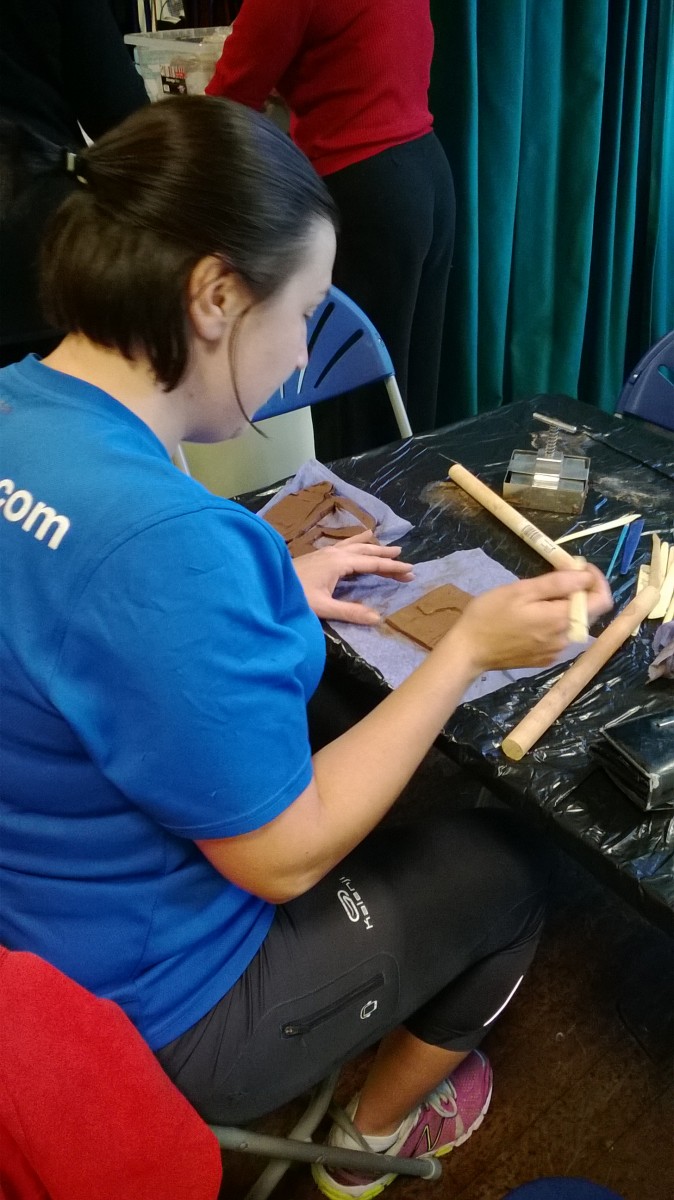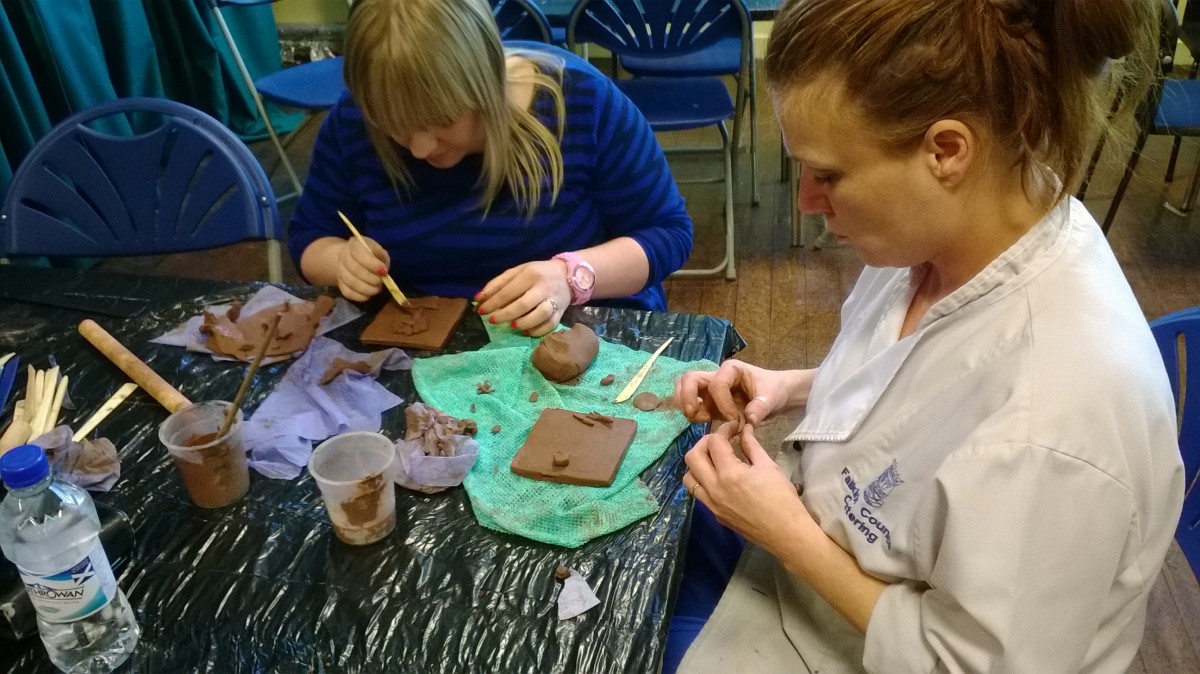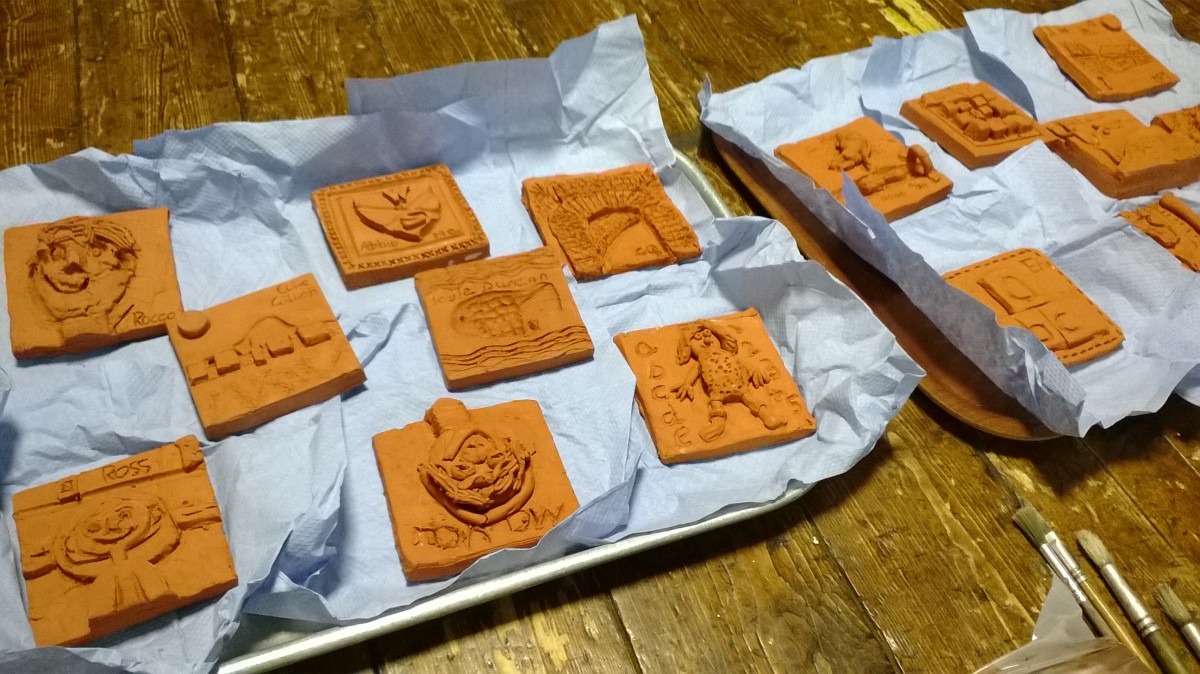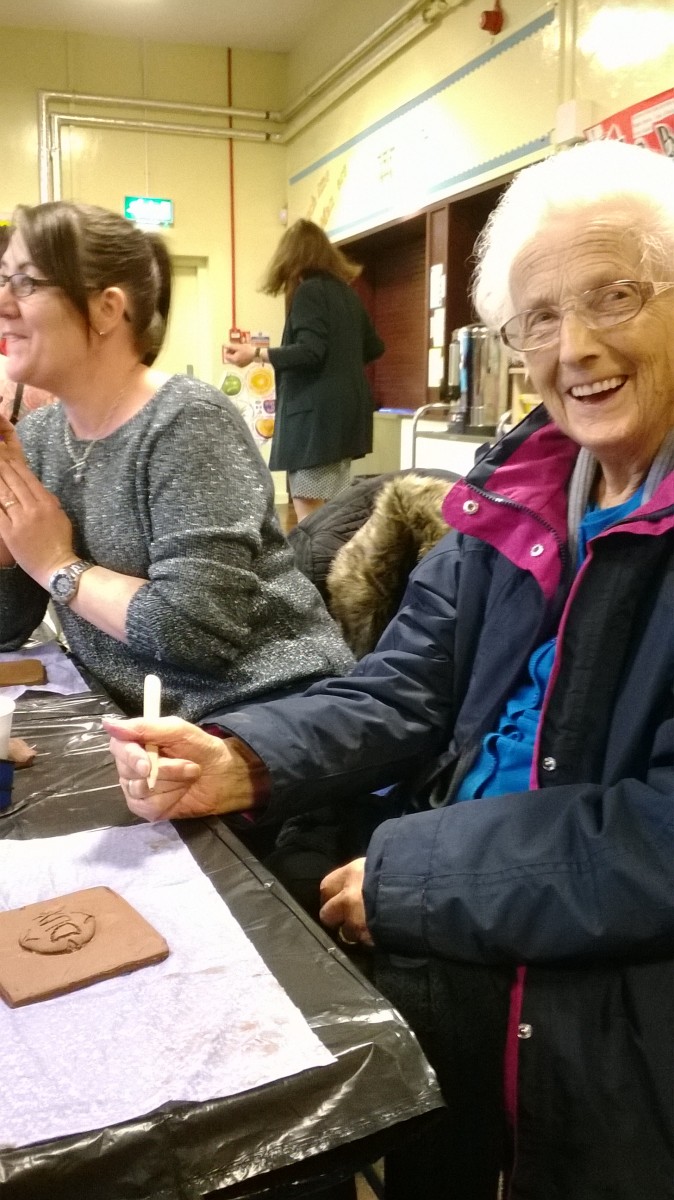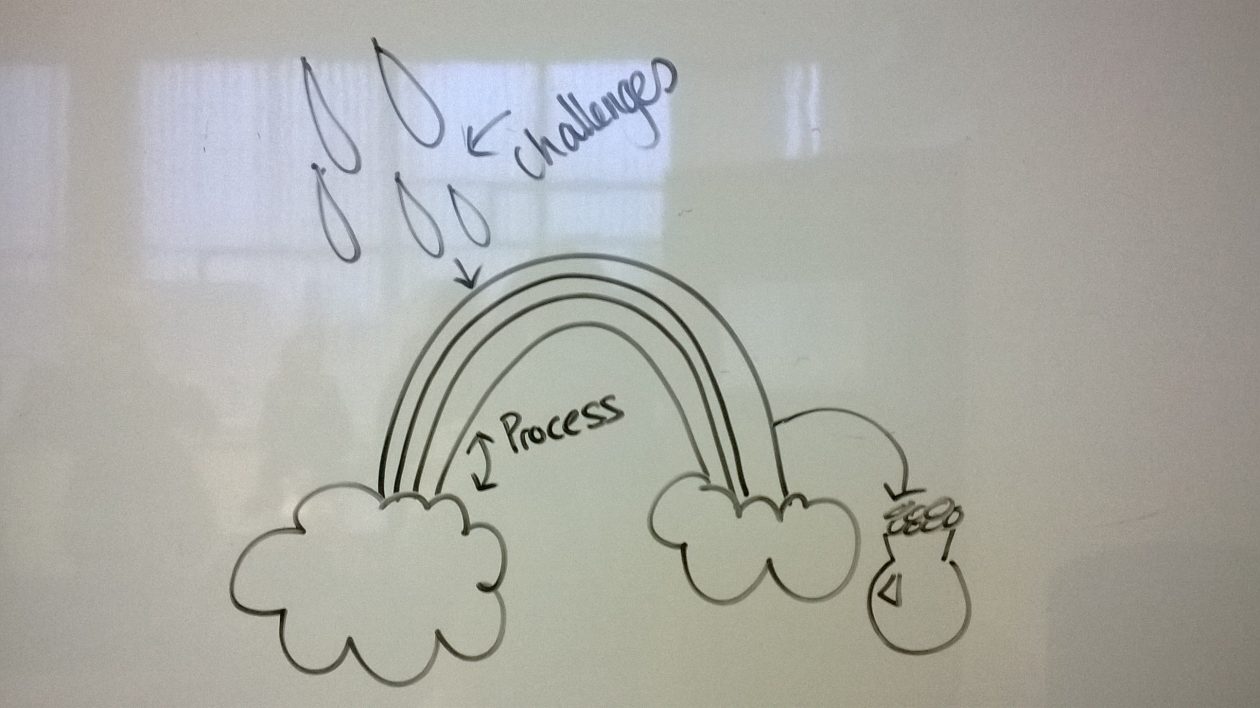
Between October 2016 and February 2017, probationer teachers working in Falkirk secondary schools have engaged in Practitioner Enquiry. The photo on the left shows a quick, light-hearted, visual evaluation by one of the teachers who took part in the process.
This experience is an important part of our Falkirk probationer induction programme, and helps probationers fulfil the following elements of the GTCS Standard for Full Registration (December 2012):
- 2.3.2 Have knowledge and understanding of the importance of research and engagement in professional enquiryProfessional Actions Registered teachers:-know how to access and apply relevant findings from educational research-know how to engage critically in enquiry, research and evaluation individually or collaboratively, and apply this in order to improve teaching and learning.
- 3.4.1 Read and critically engage with professional literature, educational research and policyProfessional Actions Registered teachers:-read, analyse and critically evaluate a range of appropriate educational and research literature;-systematically engage with research and literature to challenge and inform professional practice.
By including this experience in our induction programme, we hope to support newly qualified teachers in their development of an enquiring and reflective approach to their ongoing professional learning. The first years of teaching are challenging on so many levels, and we try to demonstrate how practitioner enquiry can become a natural, integrated part of teaching, rather than something huge which enlarges workload in an unsustainable way.
Teaching Scotland’s Future, (Scottish Government, 2011) stated that:
“Long term and sustained improvement which has a real impact on the quality of children’s learning will be better achieved through determined efforts to build the capacity of teachers themselves to take responsibility for their own professional development, building their pedagogical expertise, engaging with the need for change, undertaking well-thought through development and always evaluating impact in relation to improvement in the quality of children’s learning. That is the message from successful education systems across the world.”
When asked to share the impact the project has had on their practice, probationer teachers said:
“Better able to think critically about making positive impact on attainment & achievement”
“More aware of best ways to meet the needs of learners – approach to questioning has changed, and impact seen with pupils”
“Methodical application of new strategies rather than straight to it without evidential basis”
Gillian MacLennan, Graeme HS, Julie Cairney, Larbert HS, and Sarah McQuade and Kevin Smith, from Braes HS, took on the role of mentors for the probationer teachers throughout their practitioner enquiry. Laura Baird, probationer support teacher, and Yvonne McBlain, curriculum support teacher, led the project and probationers got help and encouragement from their probation support team “in school” too. Professional Learning Co-ordinators and probationer supporters joined members from the Service Support and Improvement team on 21st and 22nd February to take part in the presentation event. Click here to visit the OneNote document in Glow where probationer teachers shared their presentations and academic posters – the photo on the right shows a selection of these displayed in Camelon Education Centre. 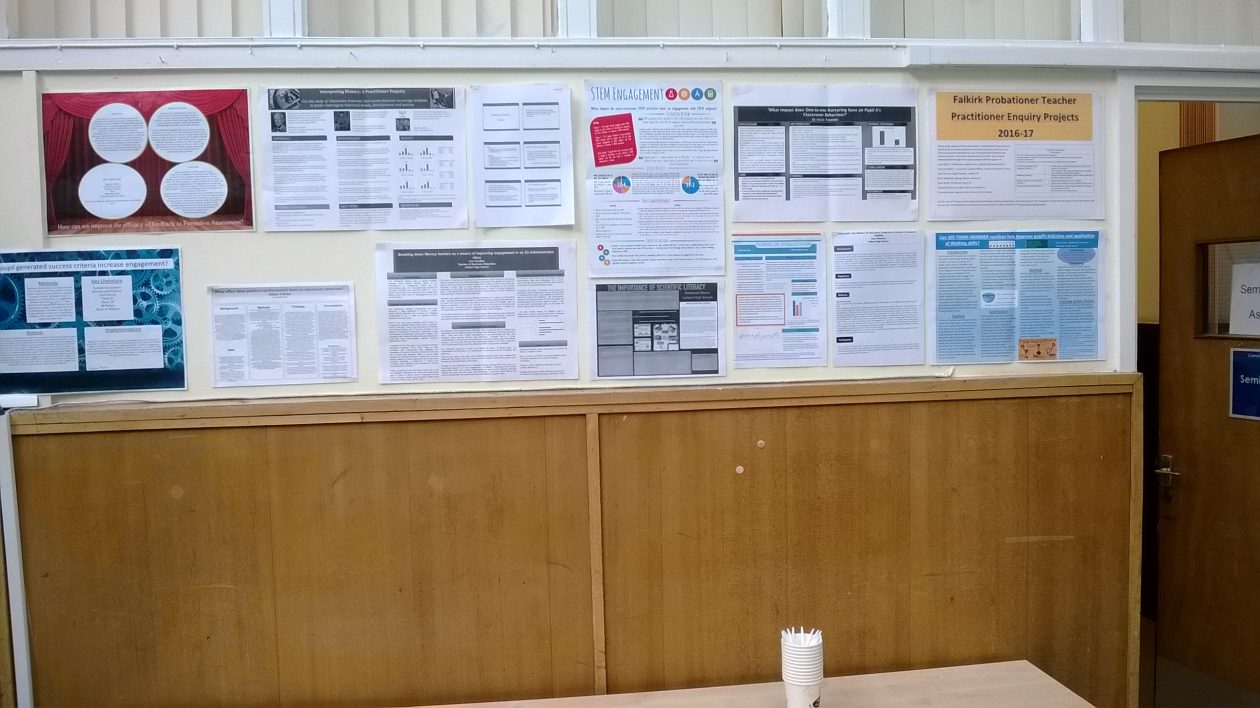
Gillian said: “I have been impressed by this enquiry process which puts learning at the centre and moves teachers towards research based practice, rooted in improving pupils’ experience and attainment.”
Probationer teachers gave useful evaluation – click here to view the summary of their comments. This feedback will be used to shape and improve this element of the Falkirk Children’s Services probationer teacher induction programme.

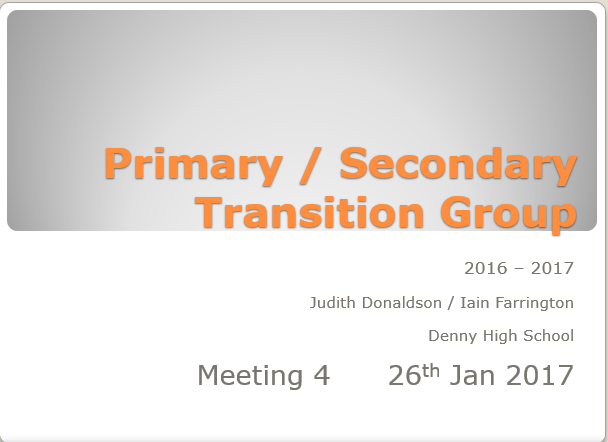
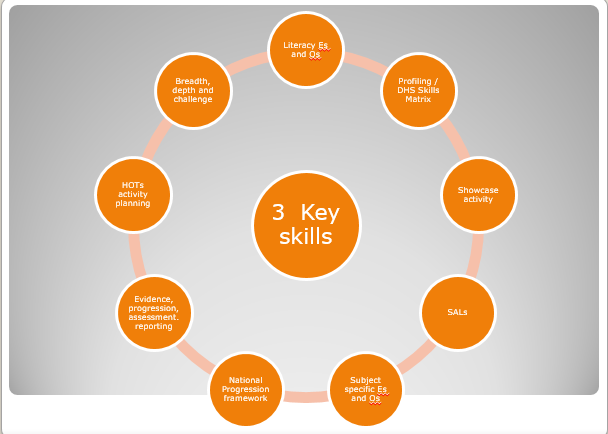
![WP_20160620_006[1]](https://blogs.glowscotland.org.uk/fa/public/CurriculumSupport/uploads/sites/1906/2016/06/WP_20160620_0061.jpg)
![WP_20160620_001[1]](https://blogs.glowscotland.org.uk/fa/public/CurriculumSupport/uploads/sites/1906/2016/06/WP_20160620_0011.jpg)
![WP_20160620_002[1]](https://blogs.glowscotland.org.uk/fa/public/CurriculumSupport/uploads/sites/1906/2016/06/WP_20160620_0021.jpg)

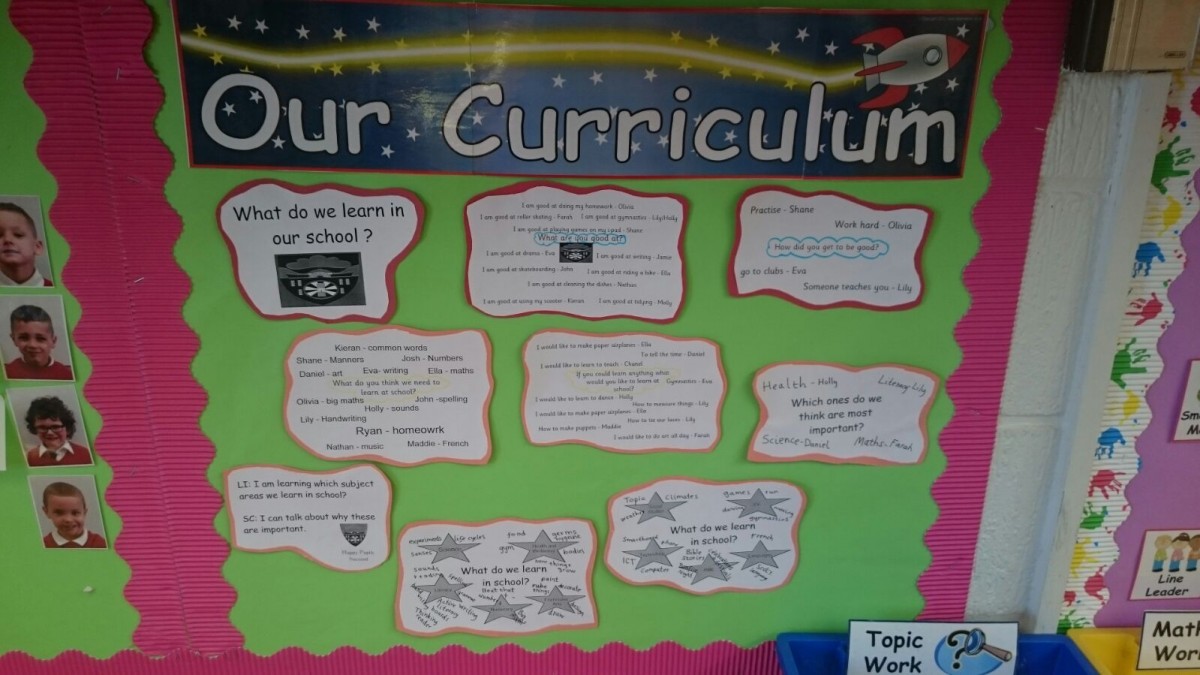

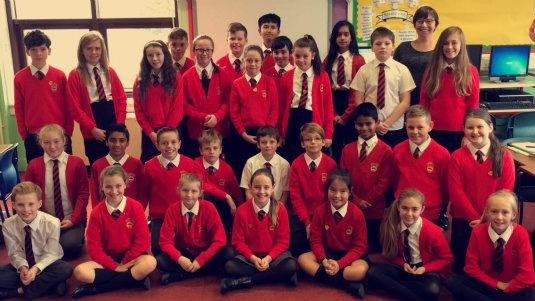

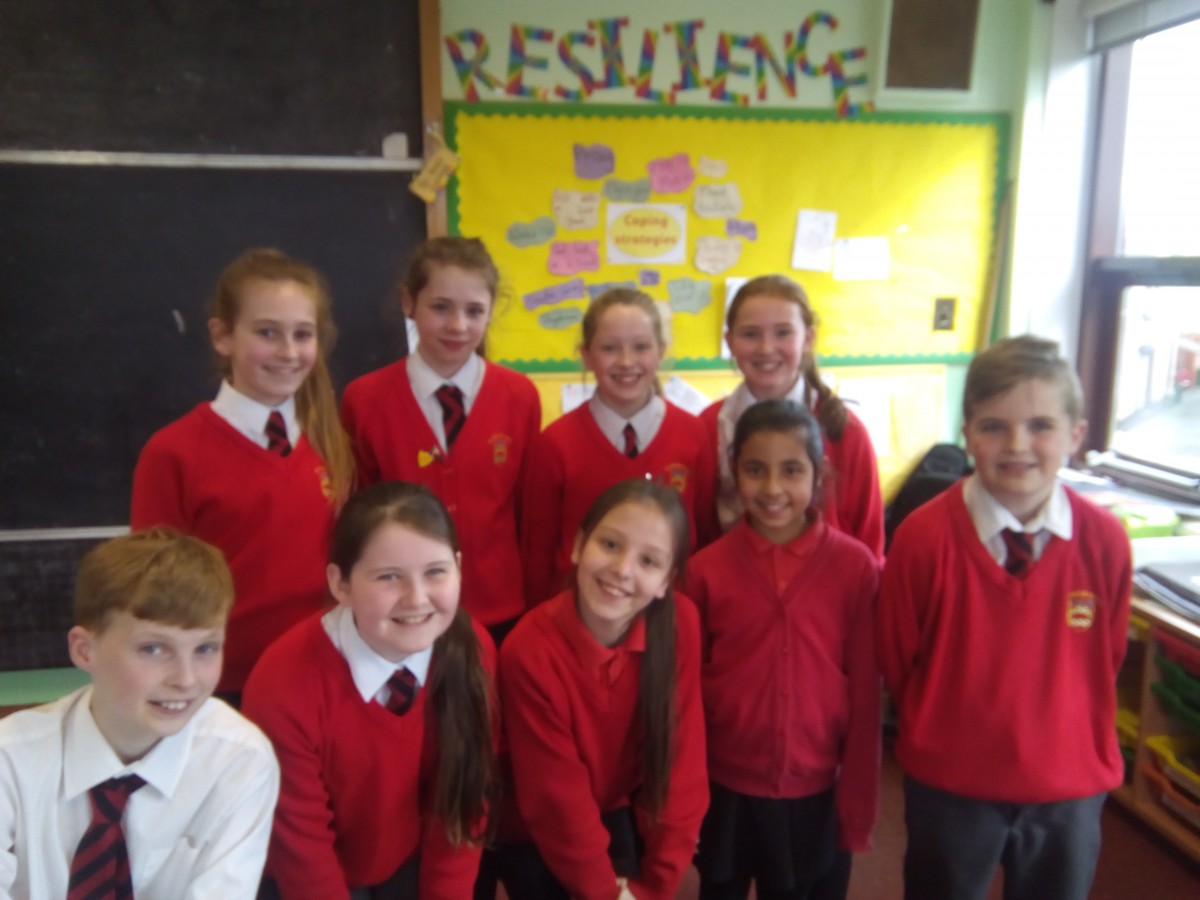

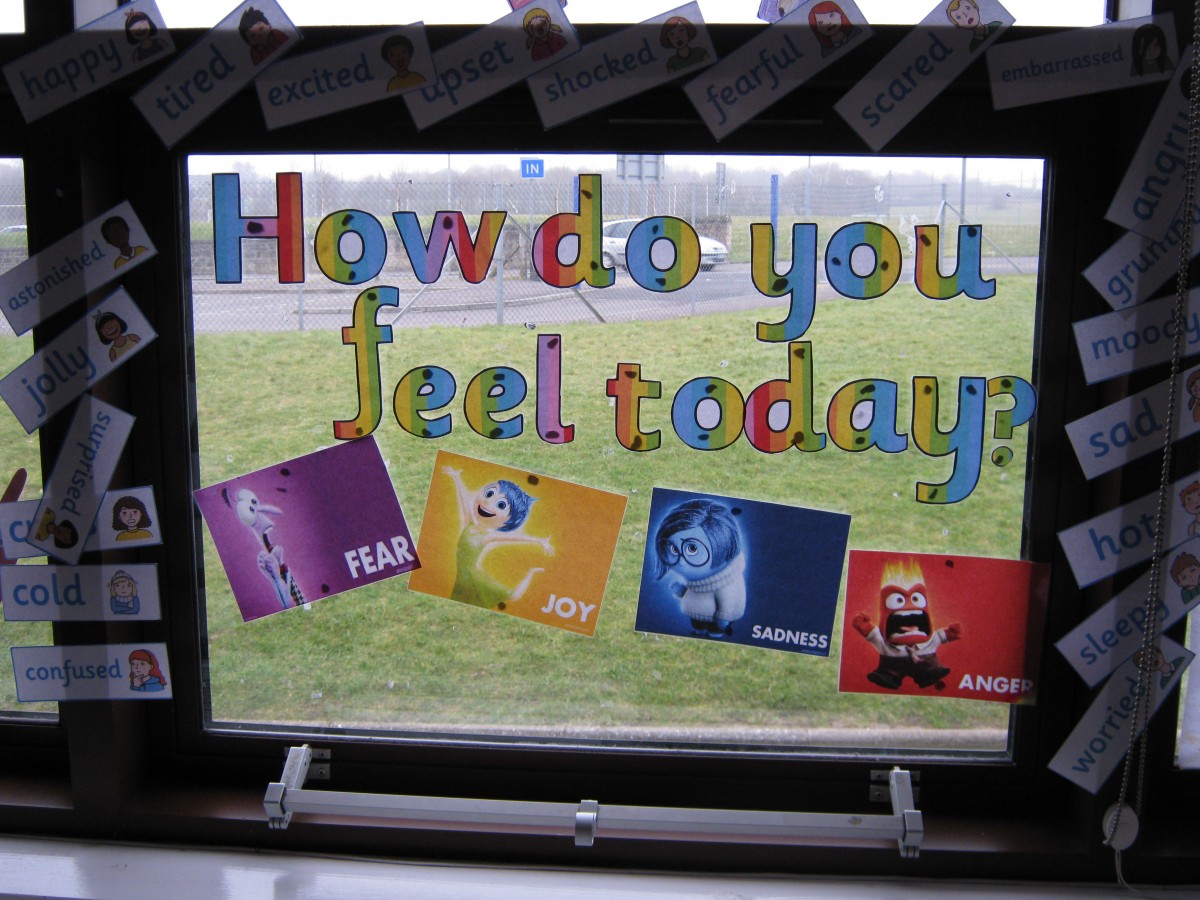
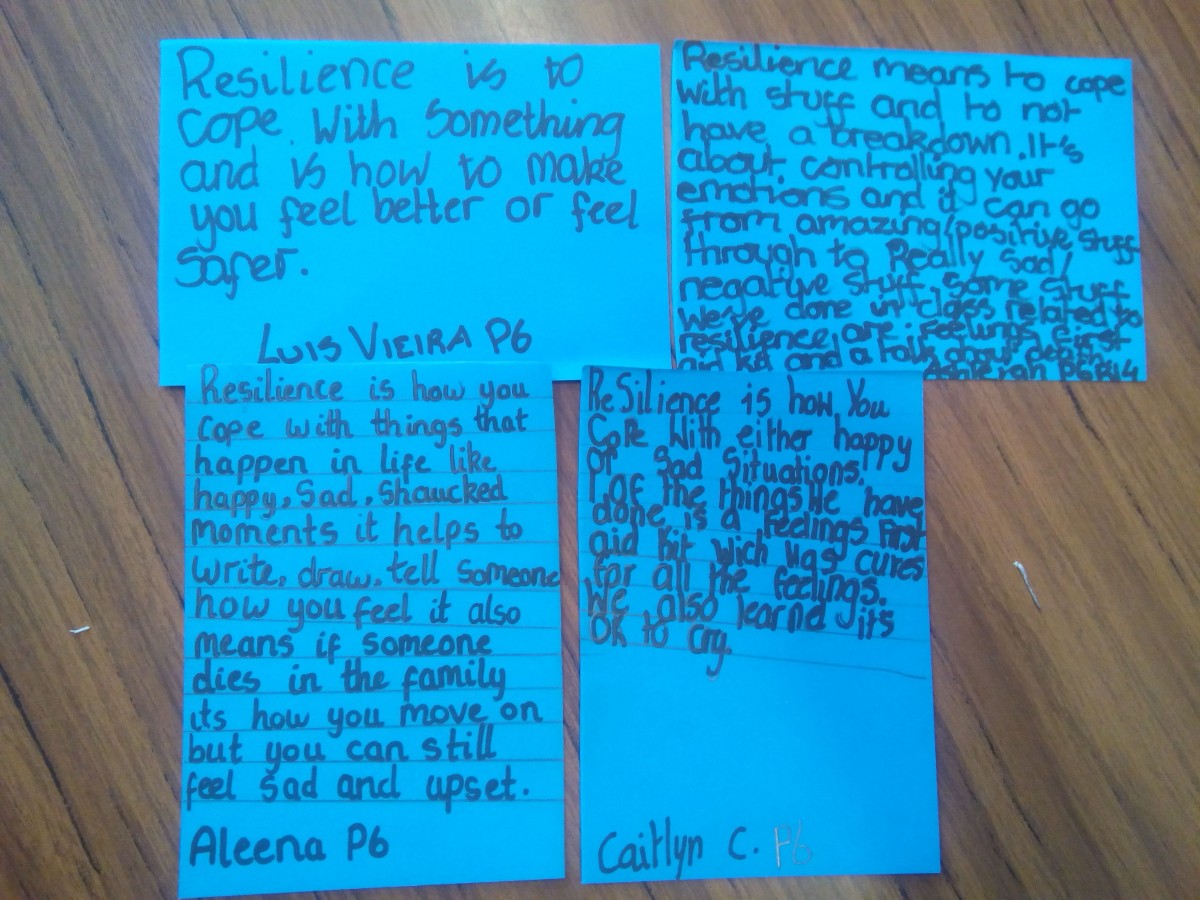
![WP_20160217_006[1]](https://blogs.glowscotland.org.uk/fa/public/CurriculumSupport/uploads/sites/1906/2016/03/WP_20160217_0061.jpg)
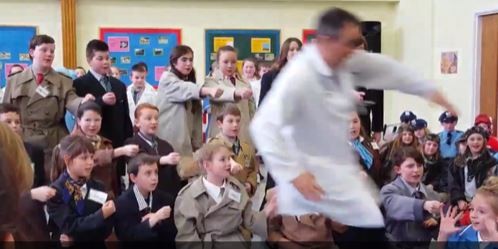
![WP_20160217_005[1]](https://blogs.glowscotland.org.uk/fa/public/CurriculumSupport/uploads/sites/1906/2016/03/WP_20160217_0051.jpg)
![WP_20160217_008[1]](https://blogs.glowscotland.org.uk/fa/public/CurriculumSupport/uploads/sites/1906/2016/03/WP_20160217_0081.jpg)

![WP_20151209_001[1]](https://blogs.glowscotland.org.uk/fa/public/CurriculumSupport/uploads/sites/1906/2015/12/WP_20151209_0011.jpg)
![WP_20151209_002[1]](https://blogs.glowscotland.org.uk/fa/public/CurriculumSupport/uploads/sites/1906/2015/12/WP_20151209_0021.jpg)
